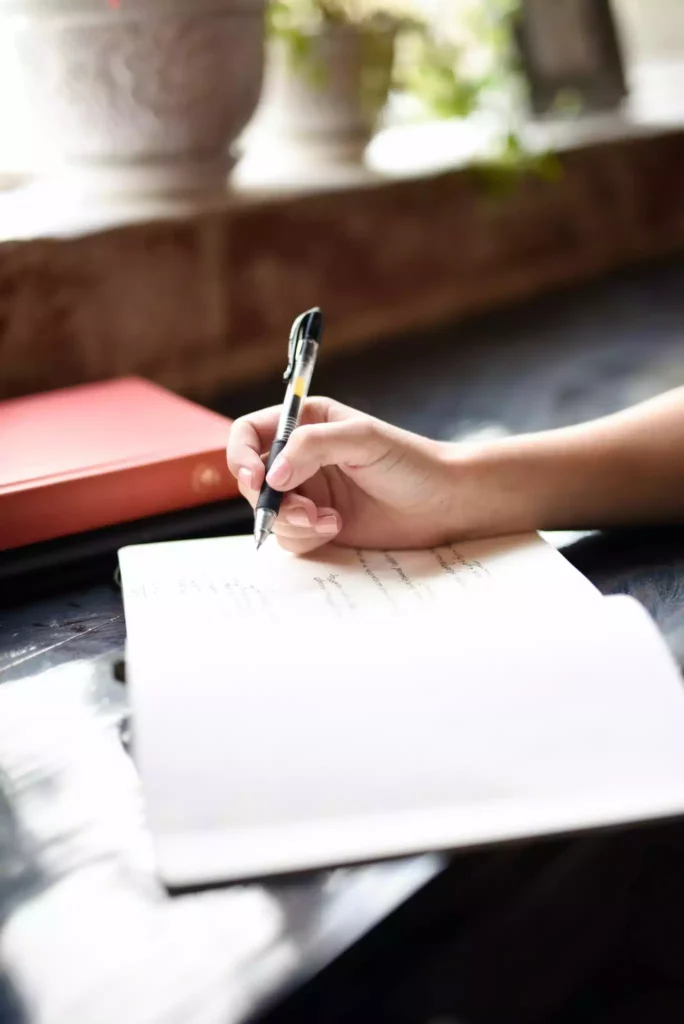
We are all living through a strange and uncertain time. Most things about our lives have completely changed, from work routines to grocery store trips to family life. Are you keeping track of these changes by keeping a journal or photo-documenting? Each of our experiences of this time are unique and important.
What was it like to live through 9/11 and its aftermath? What about the experiences of New Orleans dwellers after Hurricane Katrina? Or the 1919 flu pandemic? We have some information about these time periods because people did keep track of their daily lives, and museums and other institutions created “rapid response” collections to collect and preserve stories, artifacts, and more.
This same kind of collecting is going on right now all over the country in response to the COVID-19 pandemic. You can see an evolving, interactive map of these projects through the COVID-19 Story Collecting Initiativessite. The New York Times compiled information on past and current crisis-related collection initiatives and The Washington Post recently created an interactive article, “An oral history of the coronavirus pandemic,” documenting a number of stories.
Sharing your stories of this unique period in history can be a great exercise for you and also a wonderful addition to the historical record for those studying this time period in the future.
On a national scale, the Smithsonian has announced the launch of a Rapid Response Collecting Task Force to collect urgent of-the-moment history. At Arizona State University, an online, crowdsourced, open access archive, “A Journal of the Plague Year: An Archive of Covid-19,” seeks images, audio stories, videos, links, files, and more related to traumatic and joyful experiences of this pandemic. These kinds of broad-scope collecting initiates have the immediate potential to be useful to students, researchers, and others who are interested in understanding this historical moment through what others choose to donate to archive.On a local level, the Historical Society of Princeton has started an extensive History@Home initiative, one component of which is a call for community members to submit their stories to build a COVID-19 collection. They seek individual experiences, journals, photos, and other items to capture this moment in Princeton’s history. You can learn more about how to add your voice to the historical record here.
Consider visiting these sites and sharing your own experiences of this time through photos, journal entries, or other means. Everyone’s experience of this time is unique and every experience matters.Photo by Hannah Olinger on Unsplash
